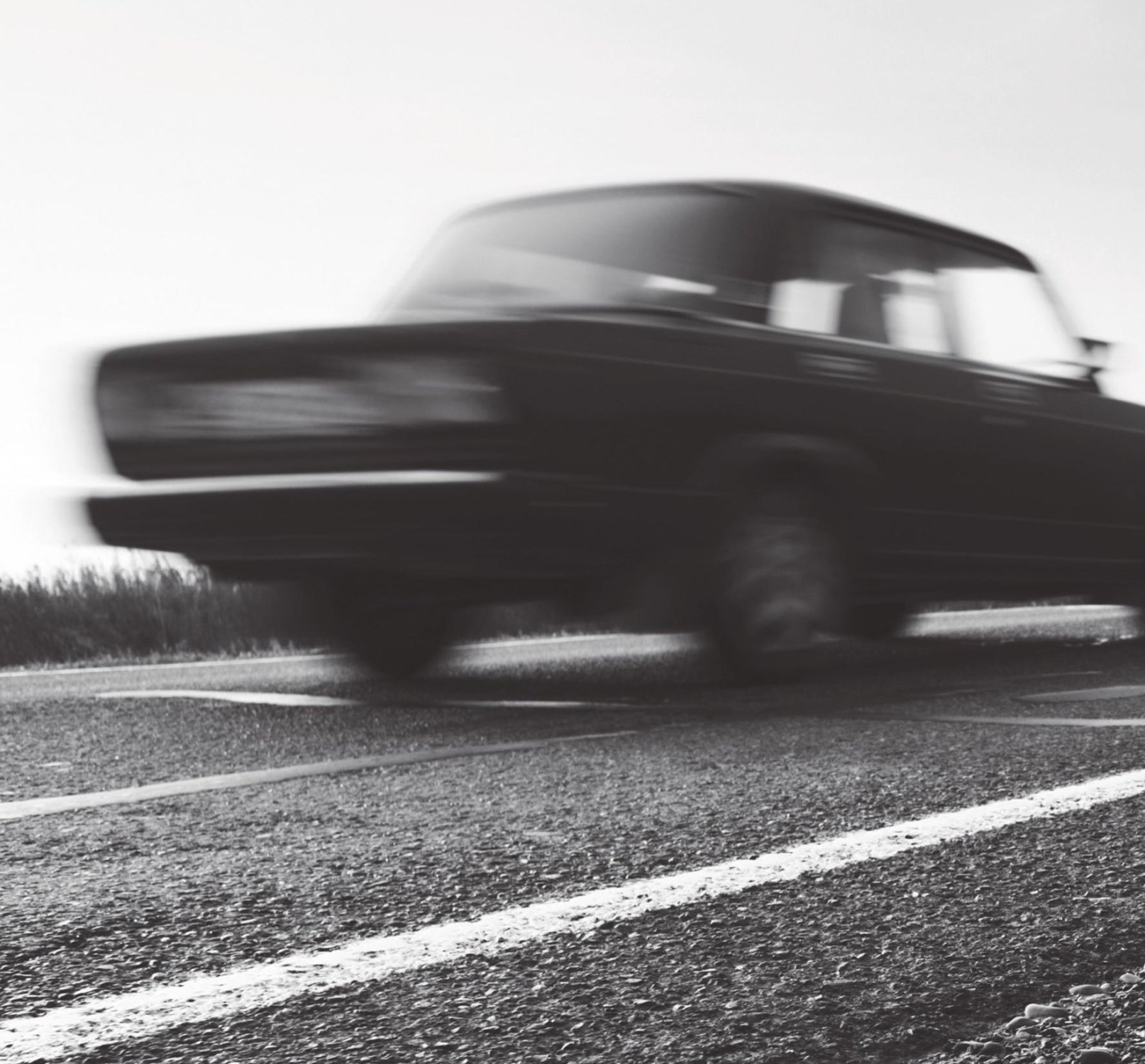Lecture: “Driving as a Humanism”
Wednesday, January 29, 2020 at 4 p.m.
Mosher Alumni House, Alumni Hall
In the much-hailed driverless future, we’re told that human beings are to become passengers. If this is to be our fate, let us ask what we are being asked to give up. Driving requires a form of intelligence that is socially realized; the road is a place where we have to accommodate one another and learn to cooperate. It is in such small-bore practical activities that we acquire the habits of collective self-government, according to Tocqueville. Automation promises to replace trust and cooperation with machine-generated certainty, on the supposition that human beings are incompetent. Ultimately, this entails a transfer of political sovereignty to a cadre of technocrats, allowing a more isolated picture of the human subject to be operationalized. For this to go smoothly, human beings must be re-educated toward greater passivity and dependence, and less pride.
Seminar One: “Automation as Moral Re-education” and “Street View: Seeing like Google”
Thursday, January 30, 2020 at 2 p.m.
Robertson Gymnasium 1000A
Readings can be obtained by emailing lmatnip@ucsb.edu
Seminar Two: “The Motor Equivalent of War”
Friday, January 31, 2020 at 2 p.m.
Robertson Gymnasium 1000A
Readings can be obtained by emailing lmatnip@ucsb.edu

An alumnus of UCSB, where he majored in Physics, Matthew Crawford is author of the bestselling Shop Class as Soulcraft: An Inquiry into the Value of Work (Penguin Books, 2009) as well as of The World Beyond Your Head: On Becoming an Individual in an Age of Distraction (Farrar, Straus and Giroux, 2015) and the forthcoming Why We Drive: Toward a Philosophy of the Open Road (Harper Collins, 2020). Having received a PhD in Political Philosophy from the University of Chicago, where he was a Postdoctoral Fellow in the Committee on Social Thought, he is currently a Senior Fellow in the University of Virginia’s Institute for Advanced Studies in Culture.
